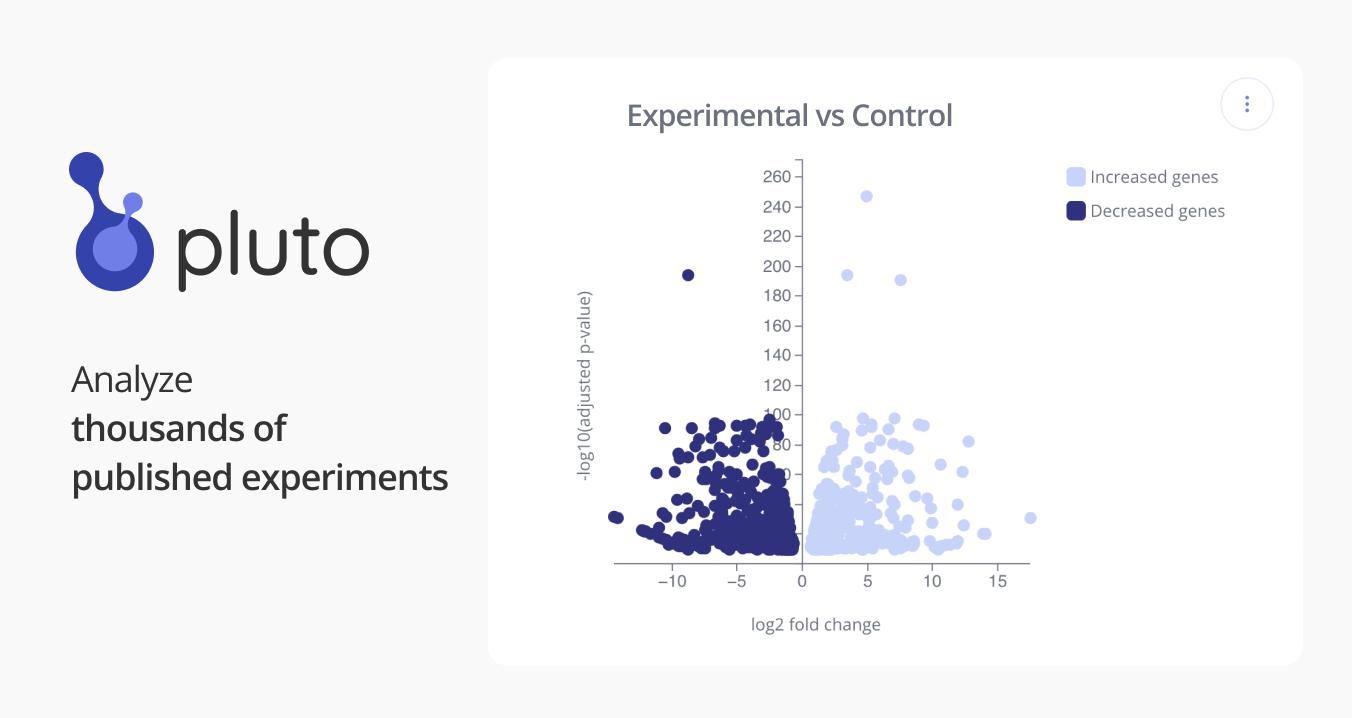Pluto Bioinformatics
GSE90885: Defined IFNg levels improve anti-tumor and preclinical testing of immunotherapy in hosts with cancer and underlying autoimmunity
Bulk RNA sequencing
Most immunotherapies benefit only subsets of cancer patients, except those with autoimmune diseases due to dysregulation of their immune system. Here, the ARE-del mouse model featuring IFNg-autoimmunity allowed us to examine the relationship between cancer, autoimmunity and immunotherapy. We demonstrate that systemic levels of IFNg below 20 pg/ml in ARE-del+/- (HET) mice exerts moderate anti-tumor effects and increase (p=0.02; ANOVA) overall survival (OS); while higher levels did not that replicate in vivo the anti-tumor bell shape response of IFNg. Having confirmed that PD1 and CD40 are expressed in tumor-bearing ARE-del mice, anti-PD1 and anti-CD40 alone or combined were used to improve the antitumor effects of IFNg in ARE-del+/- (HET) mice. In ARE-del+/+ (WT) mice, PD1/CD40 inhibited tumor growth and improve OS because it prevented increased infiltration and trapping of tumor associated macrophages (TAMs) into necrotic areas, an event also decreased by anti-CD40 but promoted by anti-PD1. Conversely, in ARE-del+/- (HET) mice, MHC class II expressing TAM infiltration associated with severe hematological and liver adverse effects hampered the efficiency of PD1/CD40, despite significant tumor growth inhibition and strong induction of IFNg signaling. Thus, excessive activation of IFN negatively impacted immune outcome. Given the lack of consensus on the right levels of IFNg, our data show the upper limit of IFNg that define the efficacy of checkpoint inhibitors in tumor-bearing hosts with autoimmune disease. SOURCE: Jack Chen NIH
